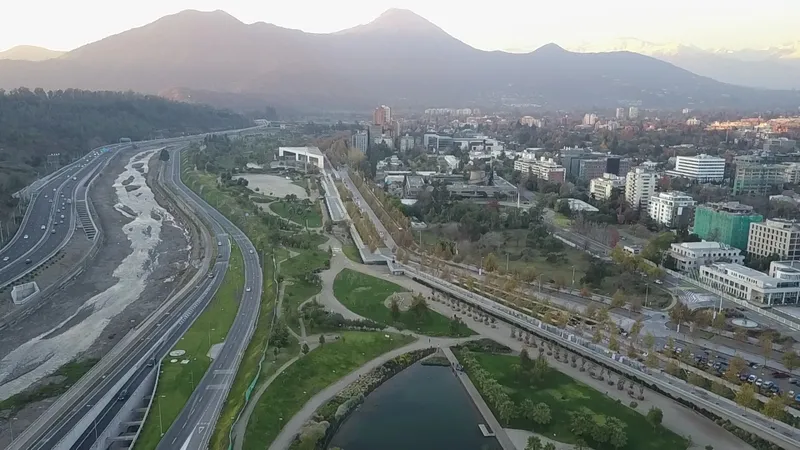$4.5m contract sees Q-Free providing multi-lane free-flow plus service and maintenance
By Adam Hill
June 30, 2022
Read time: 1 min

Q-Free has been awarded a new tolling contract in Chile.
The client is the concessionaire of the San Antonio – Santiago highway, which belongs to Sacyr Concessions.
Worth around NOK45 million ($4.6) the deal comprises a multi-lane free-flow (MLFF) roadside solution as well as service and maintenance for five years.
In terms of the financials, Q-Free says: "Most of the revenues will be recognised in 2023."










